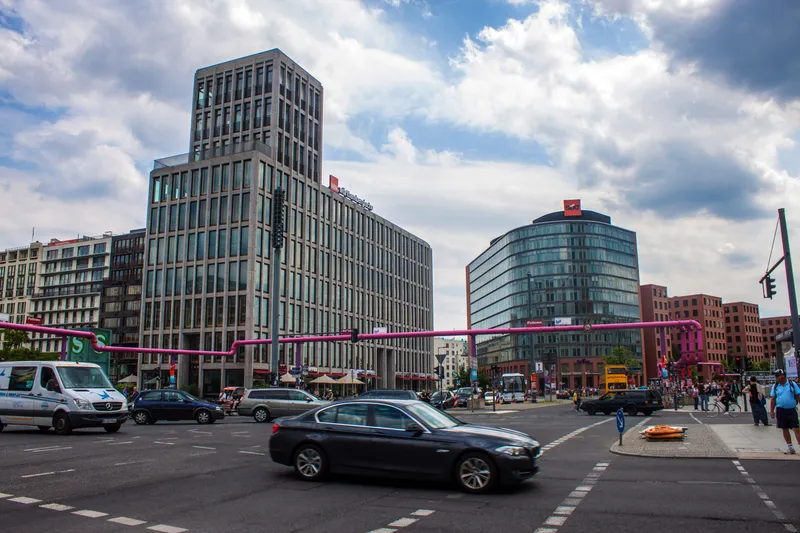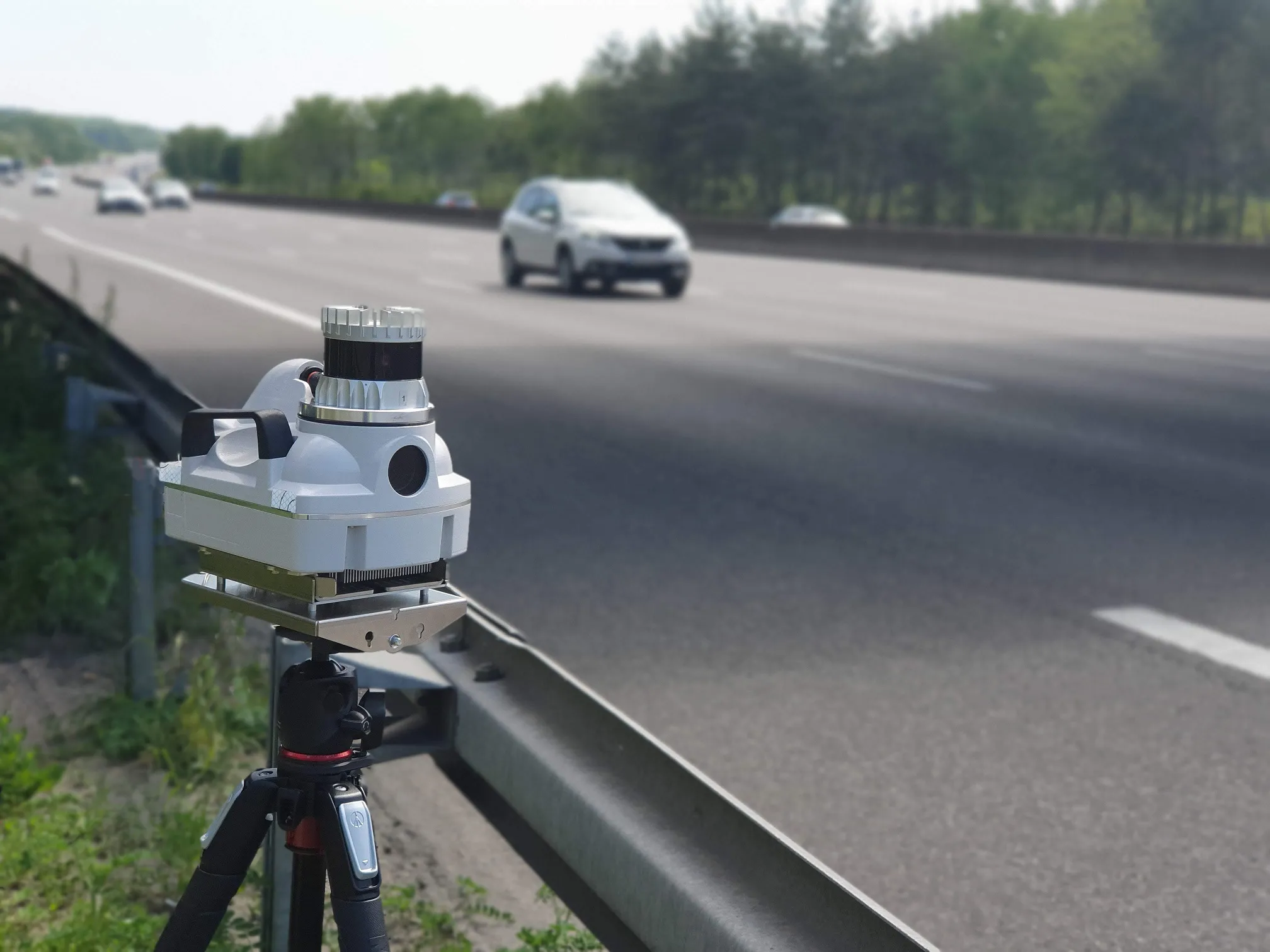
Sensys Networks' traffic detection technology is being equipped at numerous intersections in Germany's capital Berlin.
Sensys CEO Amine Haoui says: “With the intricate maze of tram, bicycle and automobile traffic in Berlin, it’s critical to have accurate detection enabling their intelligent traffic solutions. Also, Berlin gets the high quality data required by modern traffic management systems, and can do it in considerably less time and a lower cost.”
Bicycle traffic has become more the norm during recent months as German cities began turning roads into bike lanes to help people maintain social distancing during the coronavirus lockdown, according to The Independent.
Sensys, a Tagmaster company, says the FlexRadar sensor in-ground sensor is immune to electromagnetic interference, enabling accurate detection of bicycles in the presence of trams.
FlexMag detects vehicle presence and movement and transmits real-time data for a range of traffic management applications, the company adds.
The deployment of both sensors follows a series of successful trials at multiple locations throughout Berlin.
Berlin’s general contractor Alliander selected the sites for the smart intersection installations in collaboration with Siemens and Swarco.
Both companies are active in traffic management and safety solutions.
Earlier this year, for example, Swarco Traffic created a ‘bicycle-ahead’ warning system for drivers on busy country lanes in the English county of Bedfordshire.








